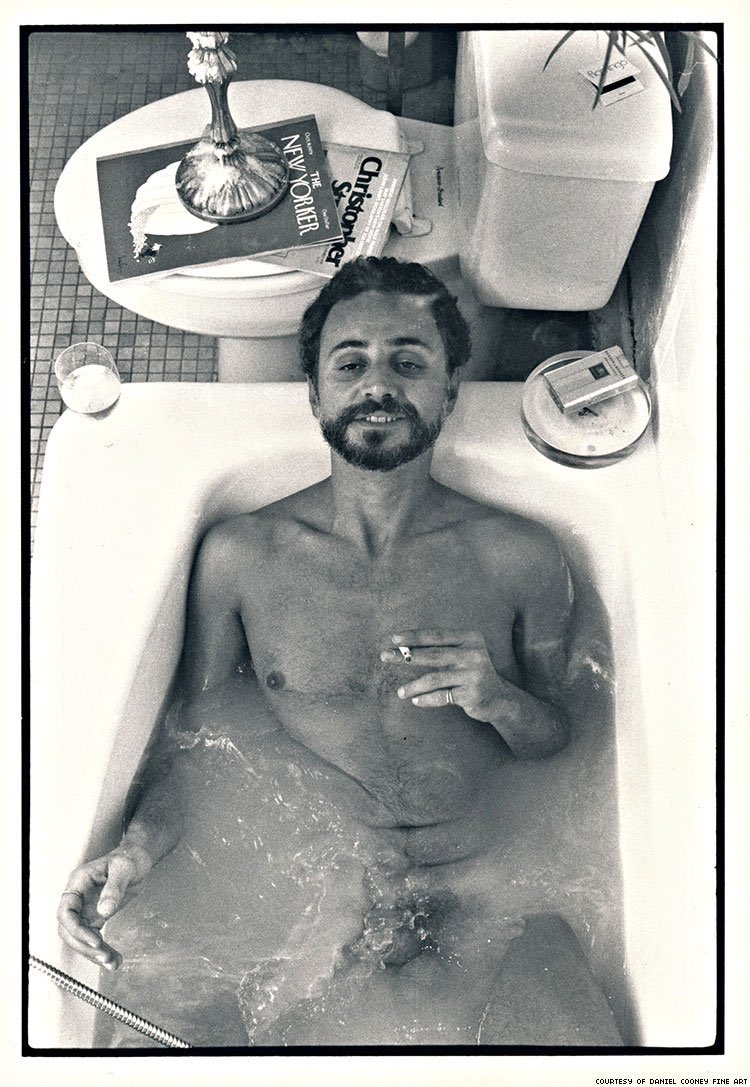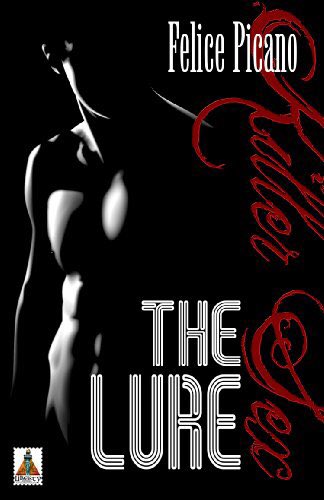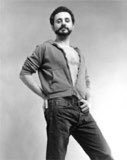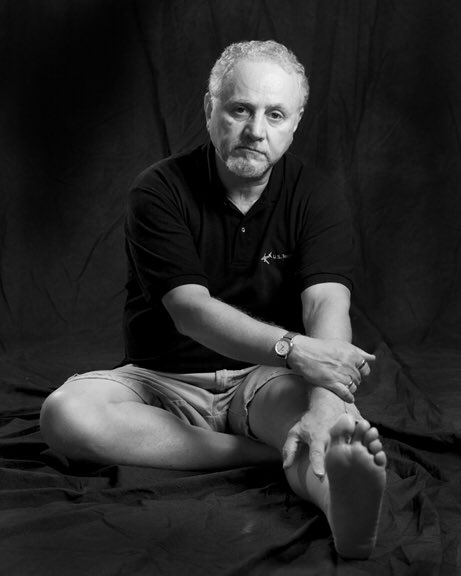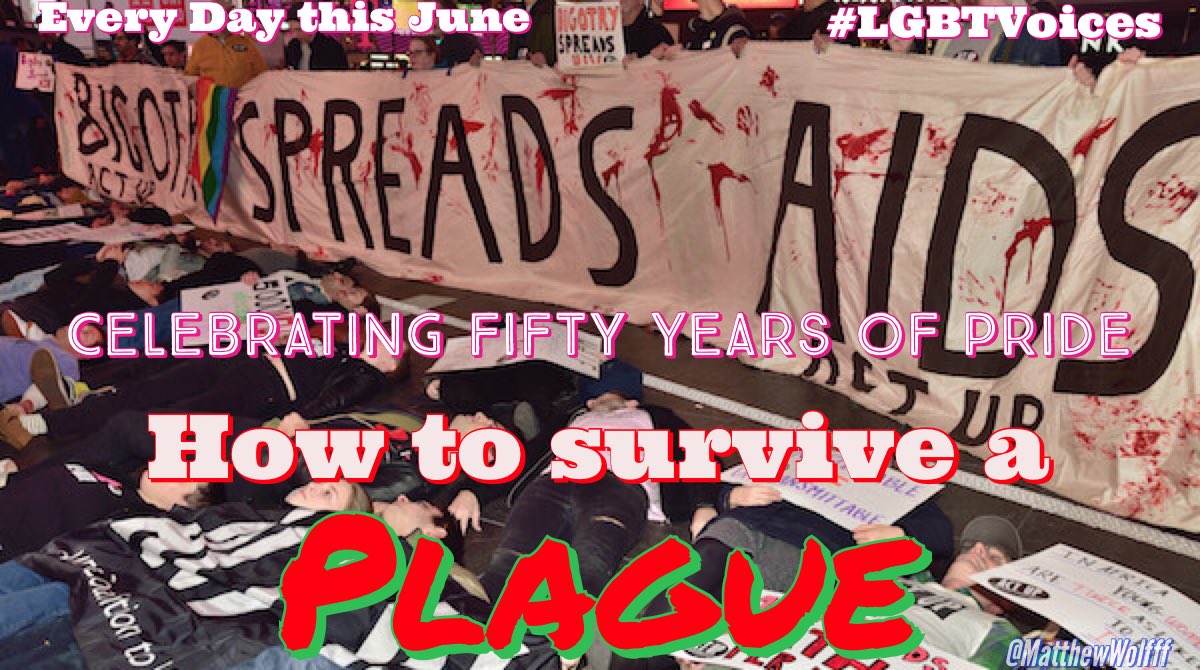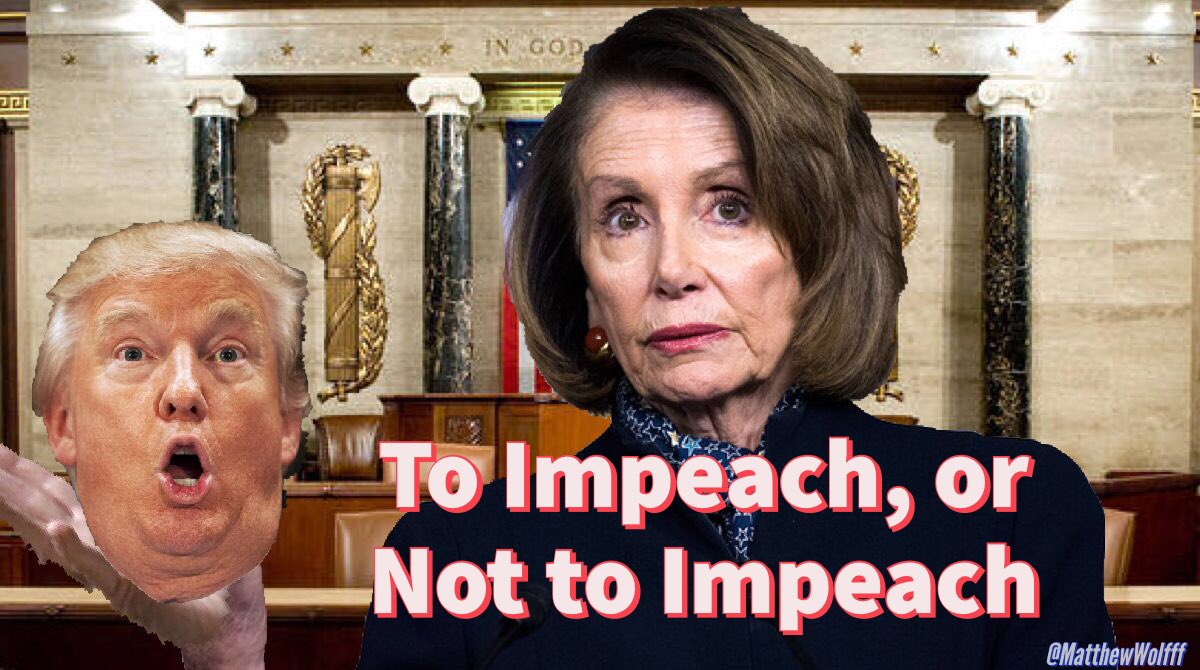LGBT+ REPRESENTATION IN MEDIA
Felice Picano’s memoirs: Ambidextrous and Men Who Loved Me.
Groundbreaking memoirs chronicle growing up gay pre-stonewall, through gay liberation and into the AIDS plague crisis. A genesis of gay literature.
#Pride
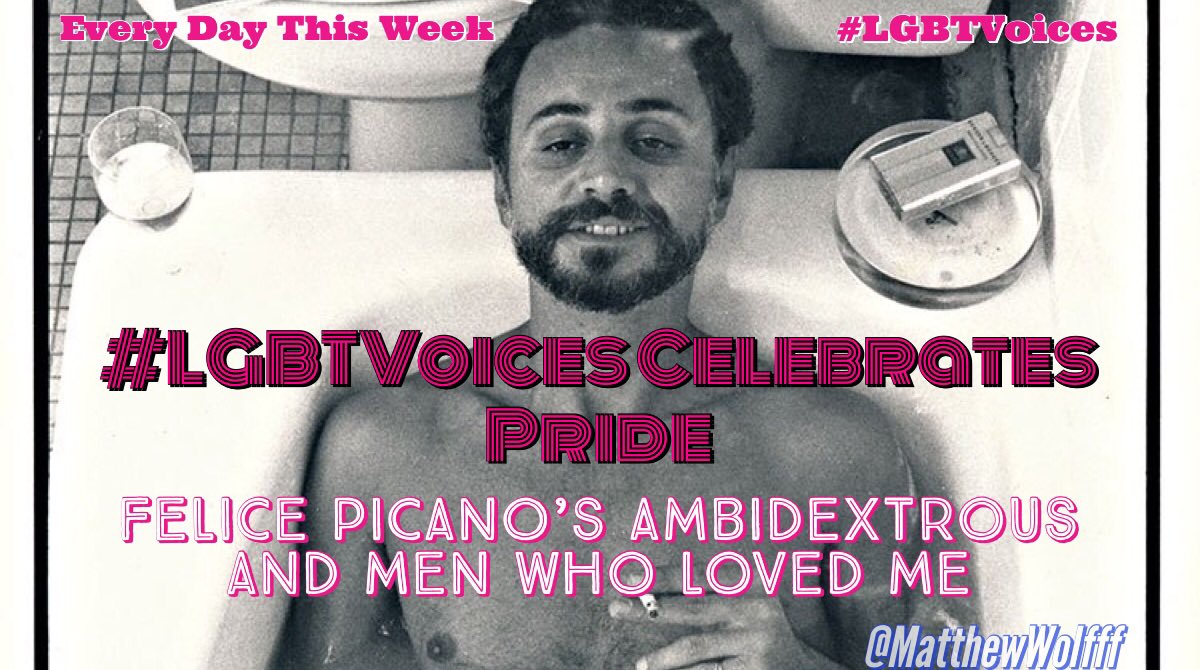
Check out our hashtag for daily tweets. Join in the discussion and RT to spread! Check out previous tweets below. 👇
twitter.com/i/events/12750…
vice.com/amp/en_uk/arti…
